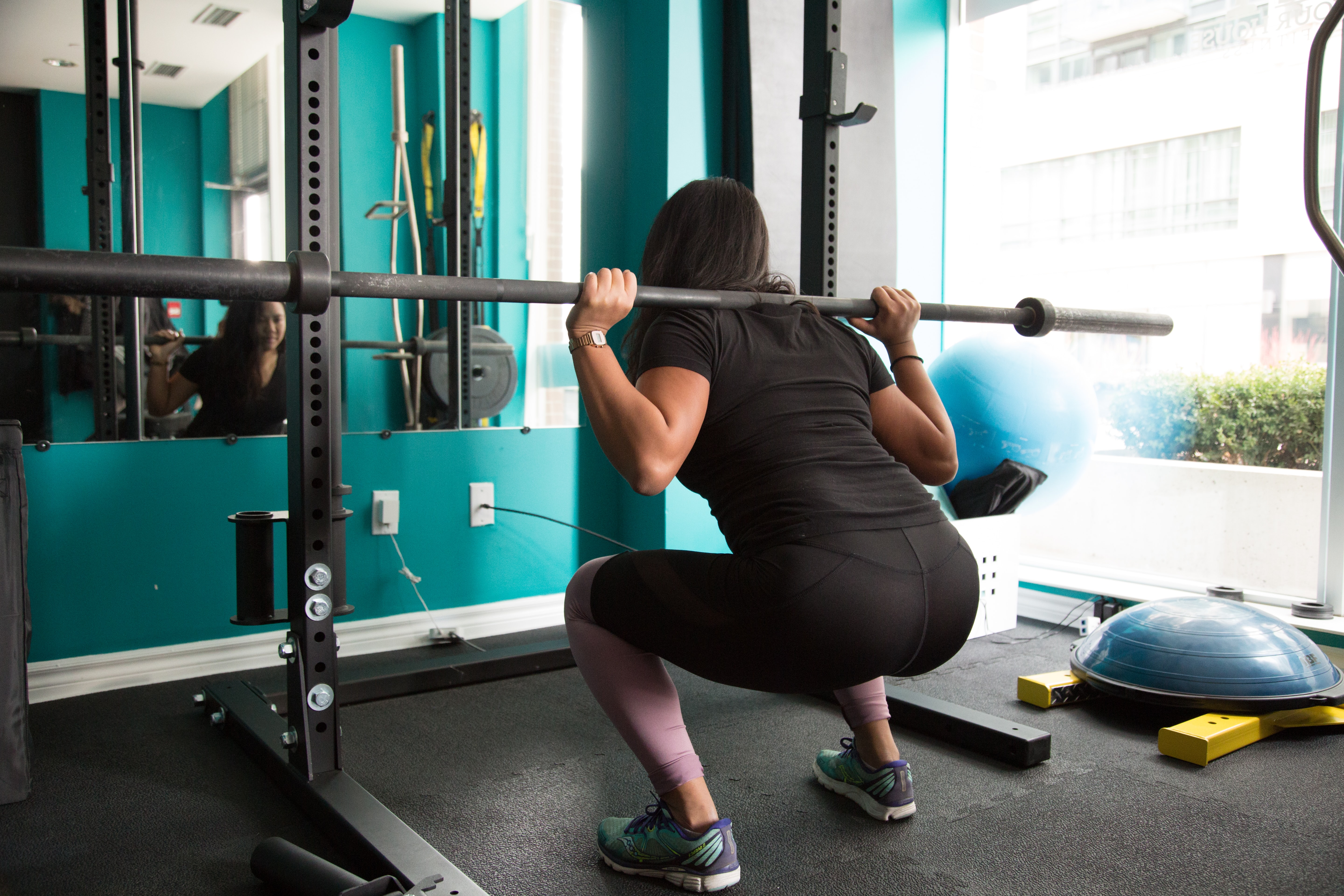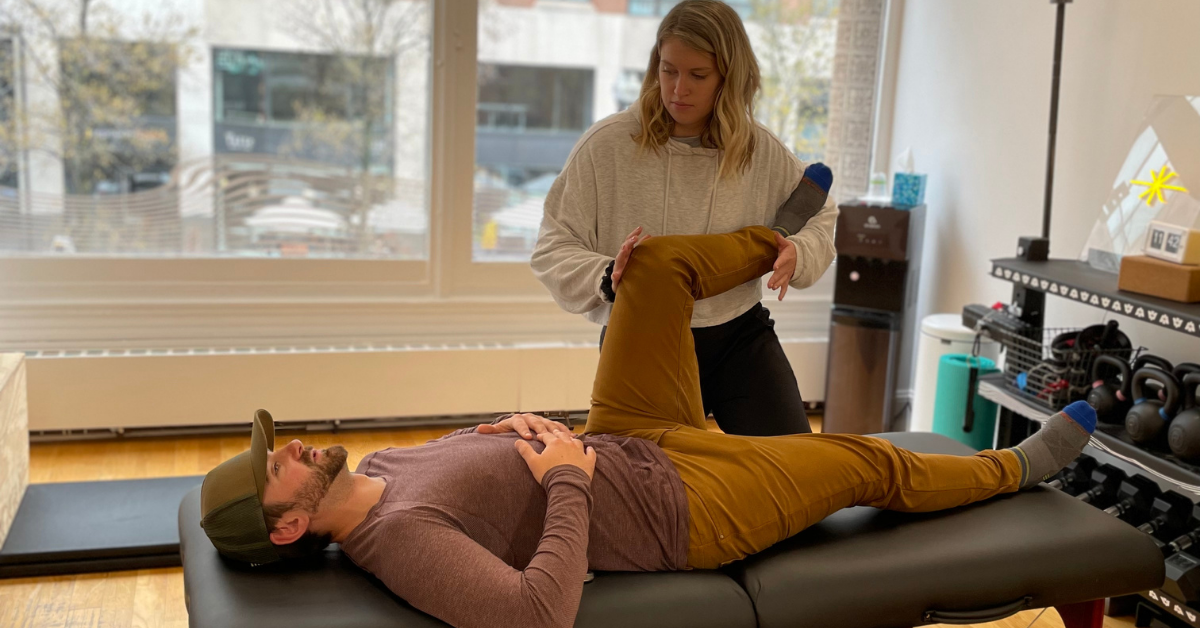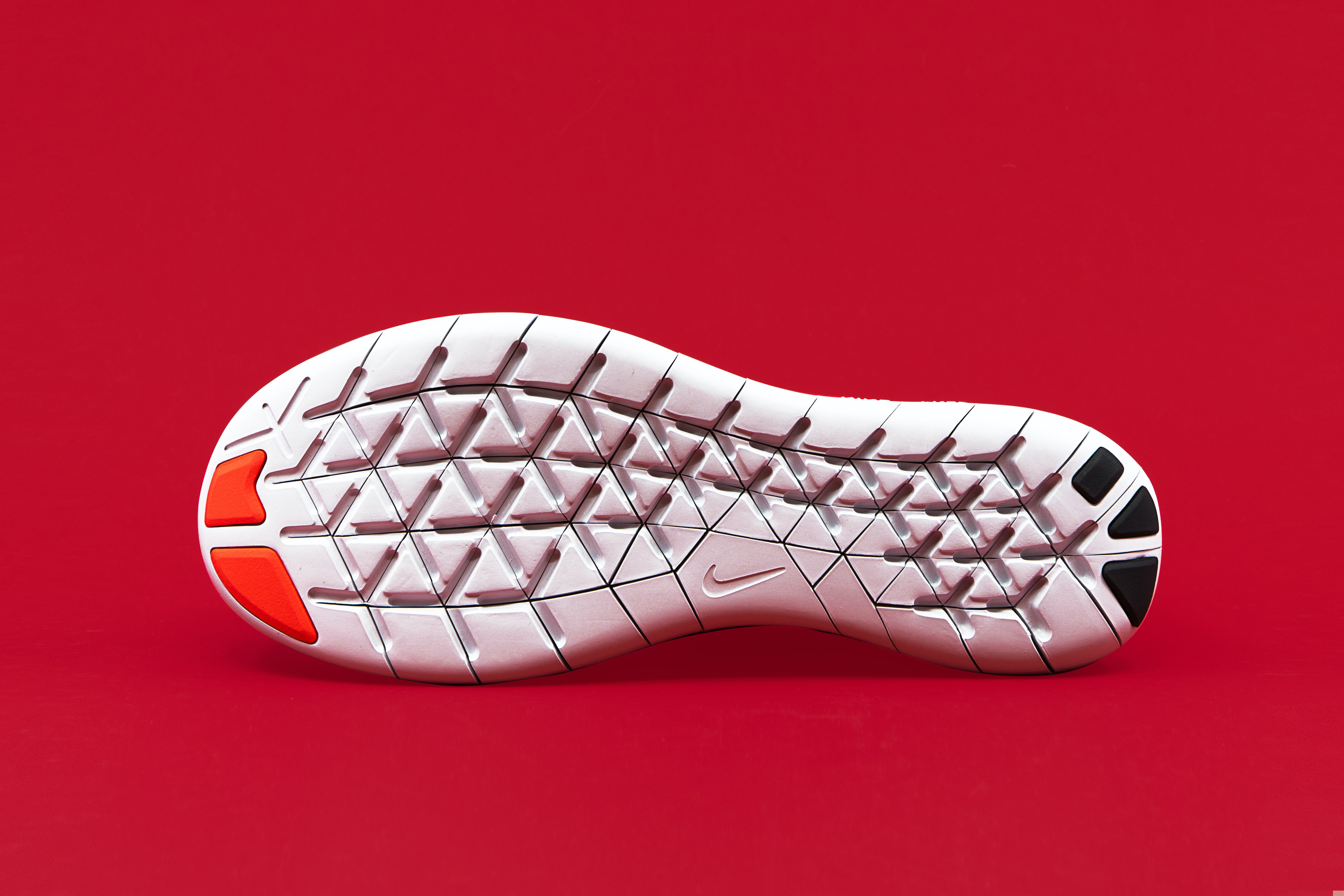Why we don't evaluate the squat

Whether you're an elite athlete, full-time pelotoner, or just trying to get a workout in a week chances are you're mixing in a squat.
Squat's suck, but you rationalize with yourself that you need to do them. Everyone on social media is doing them, and for some reason you've always been told that in order to exercise, you need to squat. It makes sense -- squats are a full body exercise that requires lot's of lower body range of motion, and is one of the better exercises to help you build muscle.
BUT -- a lot of the time, they hurt. And no, I don't mean the soreness in your quads or butt the next day. Whenever our Physical Therapists see someone with hip pain, they generally state that when they squat it's worse!
When you’re in pain, an evaluation is the single most important test to find out why you’re in pain. Special tests, whacking your knee to see reflexes, and other movement evaluations to find out what’s going on.
For a movement test, the squat is hands down the most common ‘exercise’ that get’s evaluation.
They have you stand up, squat, probably with your arms overhead and try to figure out what’s wrong. Seem’s fairy logical.
But, we think that’s dumb.
Looking at a squat can tell you a lot of things, but it really doesn’t get to what the actual root problem of where your pain is coming from. The squat is a super complex movement, and there is tons of things going on making it hard to actually find out what body part is affecting the motion. You might have hip pain at the bottom of your squat, but do we really know if that’s because you lack range of motion in your hip? OR, is it because your ankle doesn’t move to force your hips into a bad position therefore making it painful.
Following along? Good. Here is how we break down the squat, and asses it!
Standing Active Hip Flexion
Knee Rotation from Hip and Knee 90 Degree
Hello, World!
Active Ankle Dorsi Flexion
Lumbar and TSpine Segmentation
Without all of these parts, there is no sum. The sum being a squat, of course.
Kind of make sense now why we don't assess the squat itself, and go right into looking at the individual joints? If we don't we don't REALLY know where your limitations are and where the pain is coming from.
Want to learn more? Have questions about your squat, and what you can do to make it better? Book a FREE 15-minute phone call with me! On this call we'll discuss where you're at now, what your goals are, and how we can help you make those goals a reality!


